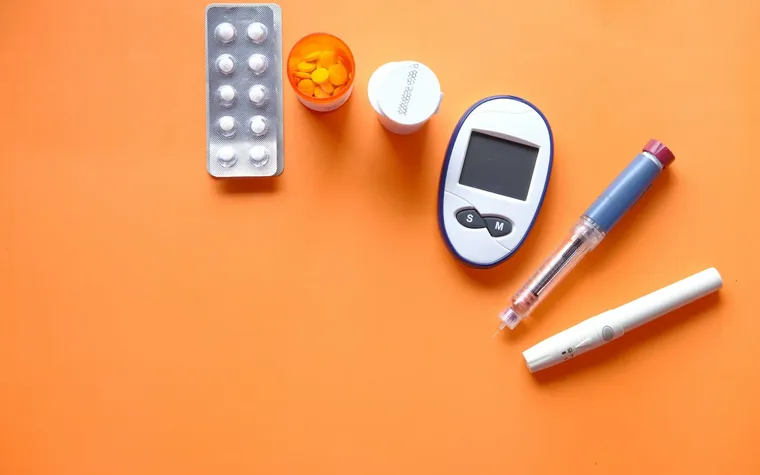Diabetes is a chronic condition that affects millions globally, leading to various complications such as heart disease, nerve damage, and kidney problems. While it's typically managed with medication and lifestyle changes, the concept of reversing diabetes has gained significant attention. Recent studies suggest that with the right approach, it's possible to bring diabetes under control and even eliminate the need for medication.
Reversing diabetes requires a combination of dietary changes, exercise, and a commitment to maintaining healthy habits. By focusing on weight loss, reducing sugar intake, and improving insulin sensitivity, many individuals have experienced significant improvements in their blood sugar levels. Although the process is not the same for everyone, adopting these lifestyle modifications has proven effective in managing and, in some cases, reversing type 2 diabetes.
What Is Diabetes and How It Develops?
Diabetes is primarily categorized into two types: Type 1 and Type 2. Type 1 diabetes is an autoimmune condition where the body attacks insulin-producing cells in the pancreas. It usually develops in childhood or early adulthood. On the other hand, Type 2 diabetes is more common and occurs when the body becomes resistant to insulin or doesn't produce enough to maintain normal blood sugar levels. Type 2 diabetes is closely linked to lifestyle factors such as obesity, poor diet, and lack of physical activity.
Over time, untreated or poorly managed diabetes can lead to serious complications, including cardiovascular disease, vision loss, nerve damage, and kidney failure. While Type 1 diabetes requires lifelong insulin therapy, Type 2 diabetes can be managed through lifestyle changes, and in some cases, even reversed.
Reversing Type 2 Diabetes: Is It Possible?
Reversing Type 2 diabetes means bringing blood sugar levels back to normal without the need for medication. For many individuals, this is achievable through significant changes in diet, exercise, and weight management. One of the most effective strategies involves reducing body weight. Research has shown that losing 10-15% of body weight can significantly improve insulin sensitivity and blood sugar control. This process helps the body respond better to insulin and prevents the spikes and dips in blood sugar that characterize diabetes.
Exercise and Physical Activity
Regular physical activity is another cornerstone of reversing diabetes. Exercise increases insulin sensitivity, meaning the body becomes more efficient at using insulin to regulate blood sugar. Cardiovascular exercises, strength training, and high-intensity interval training (HIIT) have all shown benefits in improving blood sugar control.
Even moderate activity, such as walking or swimming, can make a significant difference. Aim for at least 150 minutes of moderate aerobic activity per week, along with strength training exercises at least twice a week. Over time, this can lead to better blood sugar control and overall health improvement.
Lifestyle Modifications and Long-Term Success
Reversing diabetes is not a one-time fix but a lifelong commitment to healthy living. After achieving significant weight loss and improved blood sugar control, it's essential to continue with a healthy diet, regular exercise, and consistent monitoring of blood sugar levels. Regular check-ups with a healthcare provider are also crucial to ensure long-term success and prevent complications.
Conclusion
Reversing Type 2 diabetes is a realistic goal for many individuals with the right approach. By making lasting changes in diet, exercise, and lifestyle, it's possible to achieve normal blood sugar levels and improve overall health. While it requires dedication and persistence, the rewards of reversing diabetes can lead to a healthier, more vibrant life. Always consult with a healthcare provider before making significant changes to your lifestyle, as personalized guidance is essential for the best outcomes.

